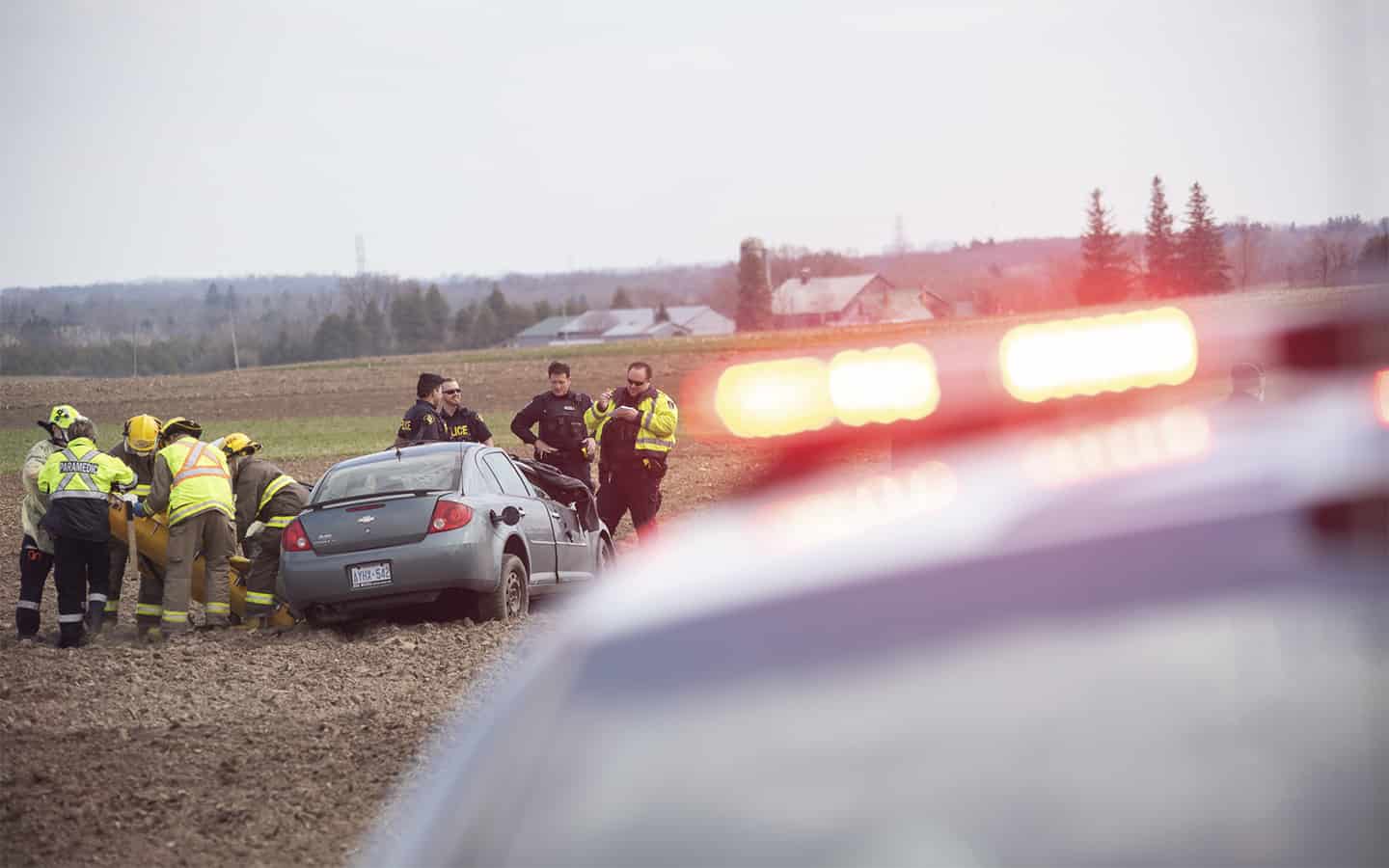The number of coronavirus-related deaths in Waterloo Region is now in three figures, Public Health announcing today the death toll is 101. There have 897 confirmed cases of COVID-19, putting the mortality rate at 11 per cent.
“This is sadly what we can continue to see after infections have occurred what we’ve seen here is exactly what’s happening across the province,” said Dr. Hsiu-Li Wang, the region’s acting medical officer of health, in a video briefing Friday morning.
Province-wide, there have been 1,540 deaths linked to the coronavirus, with 19,538 confirmed cases, a 2.5 per cent increase in the past 24 hours.
Of the 897 cases in the region since the outbreak began, 436 have been resolved – 49 per cent.
Those numbers are higher per capita than reported by Wellington-Dufferin-Guelph Public Health, where there have been 321 cases and 30 fatalities. Though home to about half the number of people, that area has seen much fewer than half as many cases.
It is hard to determine whether the citizens of the neighbouring communities took the call to stay home more seriously than did people in Waterloo Region or if they are just at different points in their curves, said Wang.
With no standardized reporting among jurisdictions, numbers will continue to skew, she added. While the Region of Waterloo, for instance, reports is cases per 100,000 population, Wellington-Dufferin-Guelph uses cases per 10,000. This discrepancy can lead to misrepresentation quickly impacting smaller townships like Woolwich and Wellesley townships, which are a fraction of the size of a city like Kitchener.
Public Health is looking to step up testing, with the province having informed local official of an increased availability of swabs and lab capacity.
“We don’t really foresee barriers in expanding testing to more groups. The next step would be to make it available for anyone with a community that showed symptoms,” said Wang.
Added chief administrative officer Mike Murray: “The planning going on in terms of expanded testing would be to the general public that are experiencing symptoms … there is no planning going on to expand broadly to the general public.”
“It is not recommended in the community to test people that are asymptomatic,” Wang noted.
The cooler weather expected for the Mother’s Day weekend is expected to help with social distancing measures, though that could be offset by the reopening of hardware stores and nurseries, where an influx of people could lead to a rise in exposure to the virus.
“For many of us it will be difficult to be away from our extended family, especially our mothers. If you don’t live in the same household as your mom, it’s important that you keep your distance in order to protect her. A card, phone call, a virtual greeting or porch drop off food and flowers can still be meaningful and help keep us all safe,” said regional Chair Karen Redman, who also called on those visiting cemeteries this weekend to followed physical distancing measures.
The latest numbers from Health Canada show 65,399 confirmed cases of COVID-19 nationwide, with 4,471 related deaths. Some 1,032,088 Canadians have been tested for the virus.









